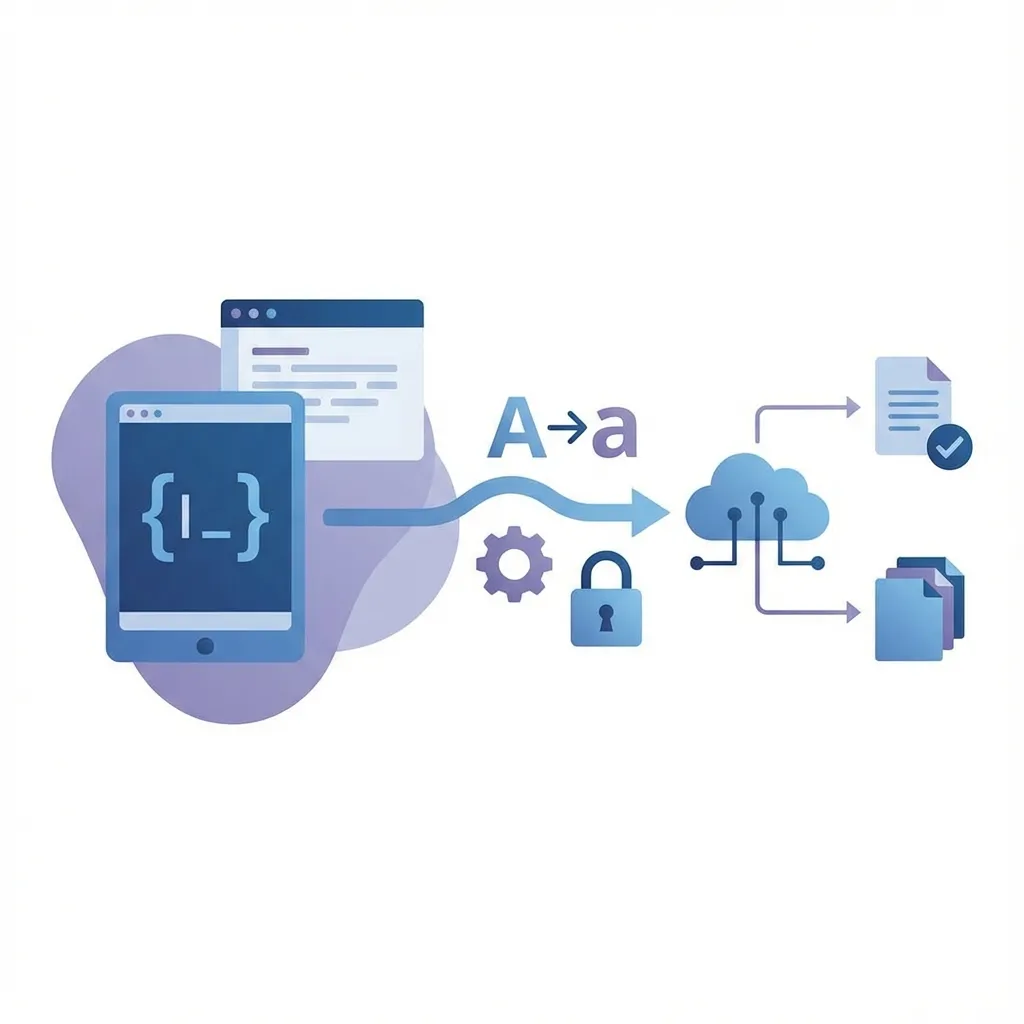The URL Encoder/Decoder is a professional online tool that supports bidirectional conversion between URL encoding (urlencode) and URL decoding (urldecode). It easily handles URLs containing non-ASCII characters and special symbols, ensuring correct URL transmission across various environments. This tool provides an online URL encoding solution to solve browser compatibility issues and is essential for web developers and SEO specialists. Using an online URL encoder/decoder helps prevent link failures caused by special characters in URLs.
What is URL Encoding?
URL encoding (urlencode) is the process of converting characters into a format that can be transmitted over the Internet. The URL specification (RFC 3986) states that URLs can only contain a limited set of characters: English letters, numbers, and a few specific symbols (such as hyphens, underscores, and periods). All other characters (such as spaces, non-ASCII characters, and special symbols) must be encoded. URL encoding converts these characters into a % followed by two hexadecimal digits.
When to Use URL Encoding?
- Handling URLs with non-ASCII characters
- Building API request parameters with special characters
- Decoding URL-encoded responses from servers
- Working with form data submissions
Features
- Support for bidirectional conversion between URL encoding (urlencode) and URL decoding (urldecode)
- Specifically optimized for handling non-ASCII characters in URLs
- Multiple encoding options to meet different requirements
- Simple and intuitive interface for quick online URL encoding and decoding



